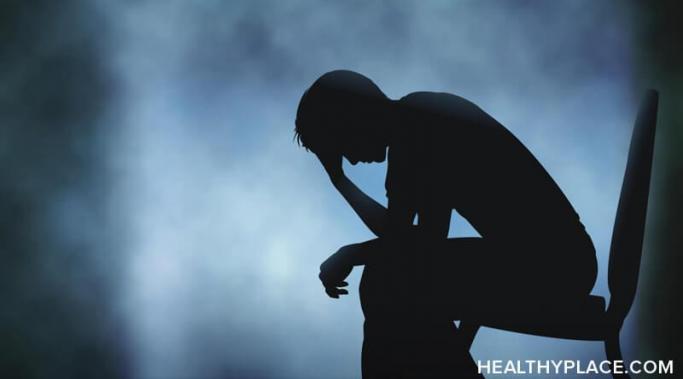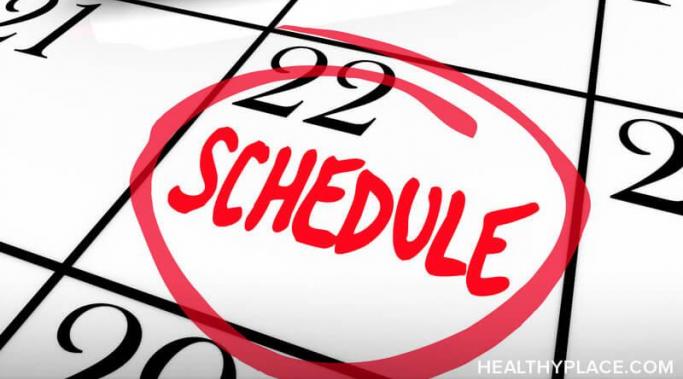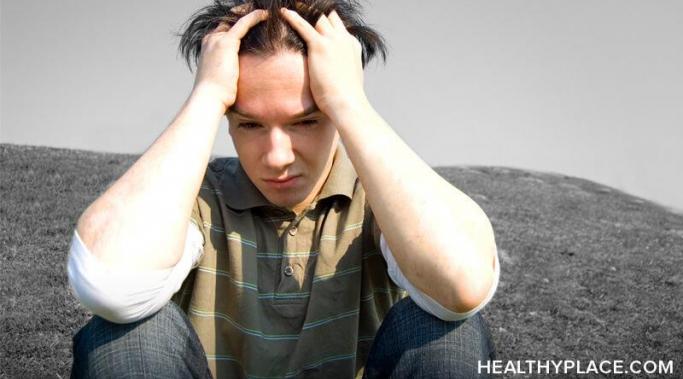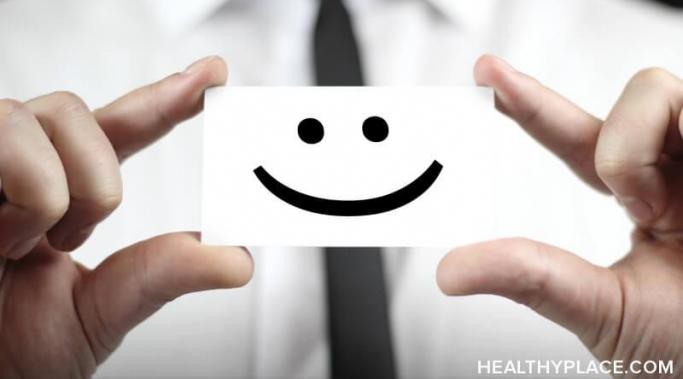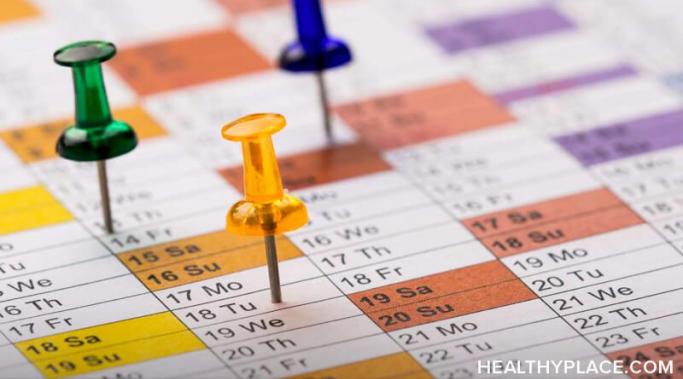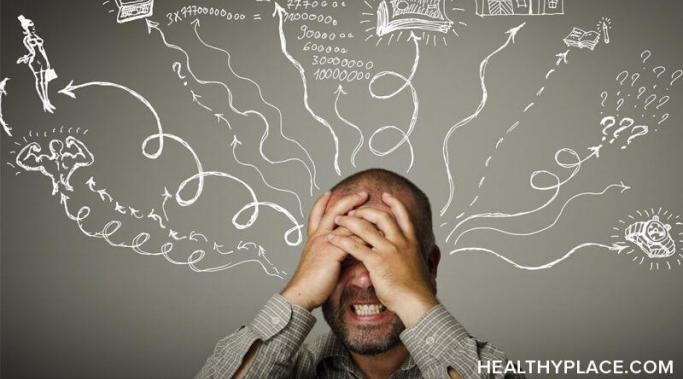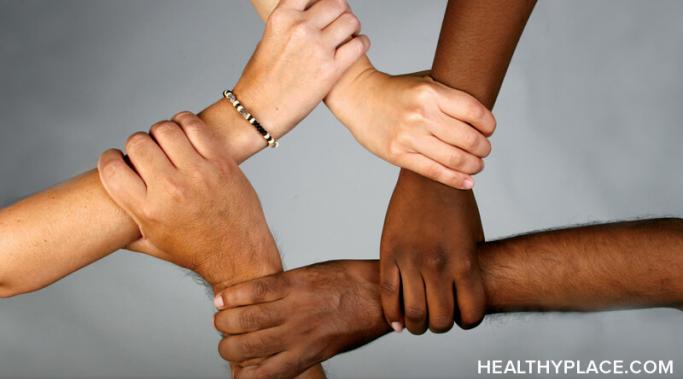I recently started wondering if self-compassion can help with bipolar disorder. This is because I'm in a dialectical behavior therapy (DBT) group, and people there seem crazy about it. It's also something I tend not to show myself. I have my reasons for being that way, but I'm reconsidering whether self-compassion can help with bipolar disorder.
Coping
I've often felt left out of life. In fact, I often say I'm an alien. It's not because I'm green or have bug eyes; it's because my experience of life is so radically different from that of your average person. I'm obviously not the only one. People with serious mental illness (or other chronic illnesses) often feel left out of life. I'm going to take a look at why this is and how we can feel more included.
When I started seeing a psychiatrist, he said I would get back to life before bipolar disorder (well, I was diagnosed with just depression at the time). He focused on it a lot. He wanted to know how I was doing compared to what I was like "before." But there are so many problems with that thinking. I'm not sure you can ever get back to life before bipolar disorder.
Ghosting can affect a person's depression. And while people with mental illnesses like bipolar are known to sometimes ghost others, we, ourselves, get ghosted too. So, what happens to a person's depression when they're ghosted?
I've recently undergone a routine change with my bipolar disorder. This has been harder to adapt to than you might think. I find doing the same thing every day has a protective effect on bipolar disorder, so removing that rhythm can do the opposite. A change in my bipolar routine has officially thrown me off my game.
Waiting for depression to pass is interminable, but sometimes it's the only thing to do. In bipolar disorder, what goes down must come up -- at some point, anyway. The trouble is, no one knows when that's going to happen. There can be a lot of waiting for depression to pass in bipolar disorder. I hate it.
I often hide depression with a smile, even when I'm actually extremely depressed. This is a characteristic of "high-functioning" bipolar or depression. In other words, I'm carrying on with life and maybe even look okay, but really, I am drying inside. I've had practice looking mentally well when being really sick for years. I'm awfully good at it. But while this allows me to move through the world more successfully than some, there are also problems when you hide depression despite being very ill.
I have a bipolar routine that I adhere to pretty rigidly. This is important for my mental wellness. However, I know that one reason some people don't want a bipolar routine is because they fear the rigidity that can come with it. I can understand that, so let's take a look at bipolar routines and their rigidity.
I have found that being too overwhelmed can lead to a loss of executive function. Basically, my head gets filled with life's troubles and illness, and then it can't think complicated thoughts. That's the crux of it. The thing is, complicated thoughts like those involved in planning and problem-solving are pretty crucial for getting through your day. So, how do we deal with the effects of overwhelm on executive function?
This is your reminder to continue to use your support system over the holidays. I say this for a specific reason. Sometimes, the holidays make our bipolar support system more accessible, it's true, but then, sometimes, the holidays make them less. We visit the people we don't normally see over the holidays, and they may not be part of our trusted circle. If we're going out of town, for example, the people we rely on may disappear for a time. But we need to continue to connect with our support system over the holidays.



